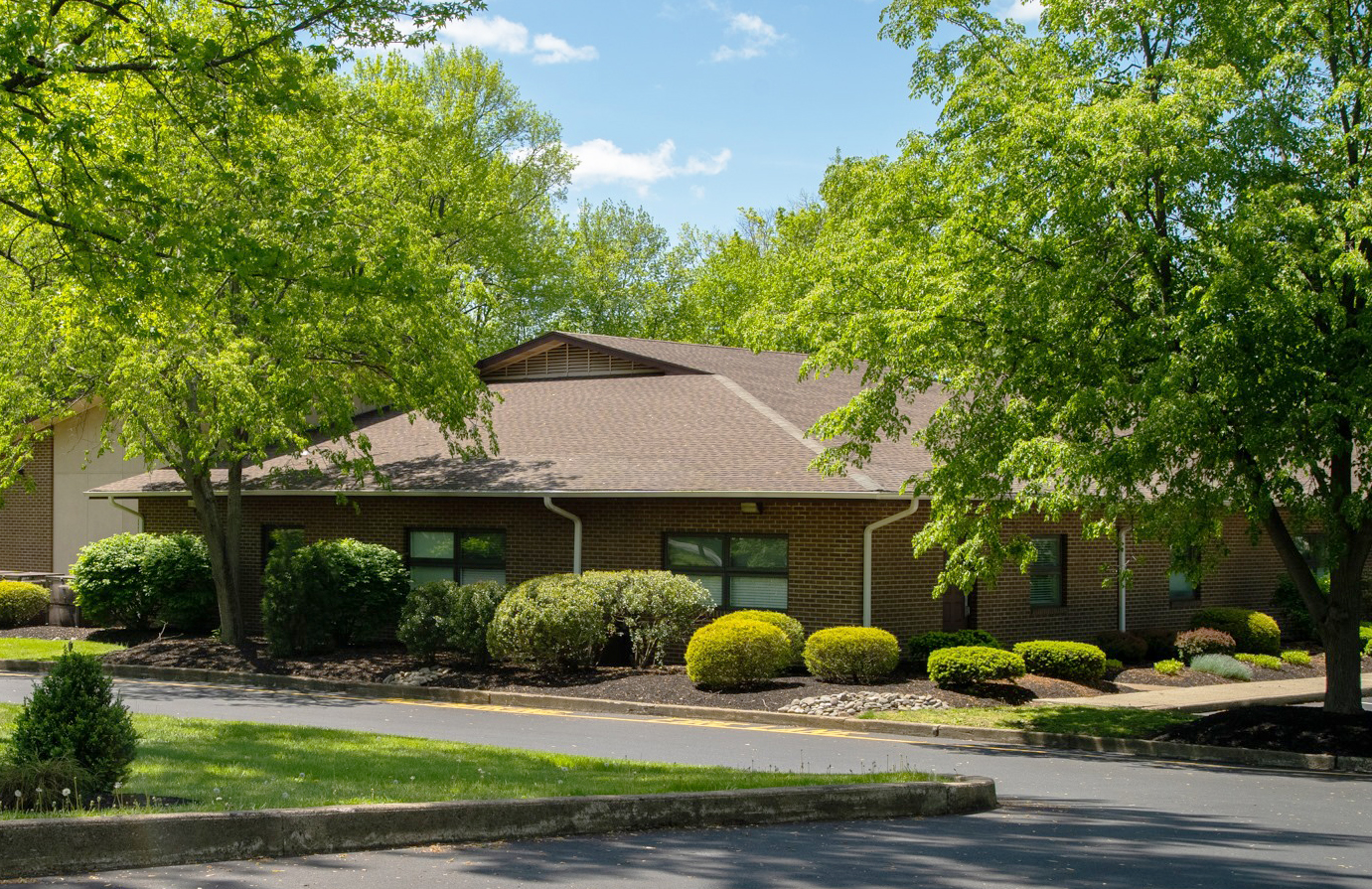Mental Health Disorders
Discover a comprehensive continuum of care for mental health disorders in Pennsylvania.

Pennsylvania’s leading comprehensive mental health treatment network
Accredited by the Joint Commission, we specialize in supporting adults facing complex mental health conditions, including those with co-occurring substance use disorders (SUDs).
If you or a loved one is struggling with mental health, choosing the right treatment program is a crucial step toward healing. Our compassionate team meets you where you are and adapts to your needs throughout your recovery journey.
We provide continuous, personalized support in a nurturing environment, addressing a wide range of mental health conditions and treatment needs.
No matter where you are in your recovery journey, we’re here to help you find your path forward.
Mental Health Treatment Facilities
With convenient locations in Bucks County, Lehigh Valley, Lancaster, and Mahanoy City, Pennsylvania, our treatment facilities provide clients with privacy and comfort as they navigate their recovery journey
-

Silver Pines Detox + Residential
Medical detox and residential treatment for substance use disorder, alcohol use disorder, mental health disorders, and dual diagnosis.
-

Lehigh Valley Outpatient
PHP & IOP for mental health disorders, substance use disorders, and dual diagnosis.
-

Lancaster Outpatient
Immersive outpatient treatment for addiction, mental health, and dual diagnosis in Pennsylvania.
-

Cedar Creek Residential
Residential treatment for complex mental health disorders.
-

Bucks County Outpatient + Housing
PHP and IOP for mental health disorders, substance use disorders, and dual diagnosis, with supportive housing options.
Mental Health Treatment at STR
Who We Treat
Adults of all genders (18+)
Levels of Care
Residential treatment, partial hospitalization program (PHP), intensive outpatient program (IOP), supportive housing, alum program
Conditions Treated
Anxiety disorders, bipolar disorders, borderline personality disorder (BPD), depressive disorders, obsessive-compulsive disorder (OCD), schizophrenia, schizoaffective disorder, co-occurring substance use disorders (SUDs)
Payments Accepted
Commerical insurance, private pay
Medicare/Medicaid
Not accepted
About our mental health treatment programs
At STR, we empower our clients to take an active role in their treatment journey. After your initial psychiatric assessment, our care providers will work with you to create a personalized program that addresses your unique needs and challenges.
As you progress, you’ll have regular check-ins with your providers to review your medications and therapies, making adjustments as needed. This ensures you consistently receive the appropriate level of support and the most effective interventions for your recovery.
Empowering you on your journey to lasting recovery and well-being.

What We Treat
We specialize in supporting adults with complex or severe mental health conditions, including those with co-occurring substance use disorders (SUDs).
What to expect from mental health treatment at STR
At STR, our multidisciplinary clinical team brings a wide range of treatment and therapy expertise to support clients who have faced challenges in traditional treatment environments, including:
- Individuals transitioning from acute psychiatric hospitalization
- Clients with complex mental health conditions
- Those who have not responded to conventional outpatient therapy or other treatment methods
- Individuals with multiple co-occurring mental illnesses
- Clients facing co-occurring mental health issues and eating disorders
Our team works collaboratively to provide tailored care for those needing a higher level of support and specialized treatment.
In addition to individual and group therapy, we provide holistic treatments that focus on mental, spiritual, social, and physical well-being:
- Art therapy
- Meditation
- Exercise + recreation
- Nutrition therapy
- Support groups
These therapies help clients build a well-rounded foundation for recovery, promoting overall health and wellness.
We offer integrated care for clients dealing with both mental illness and co-occurring substance use disorders, including:
- Detox + withdrawal management
- Residential dual diagnosis treatment
- Partial hospitalization program (PHP)
- Intensive outpatient program (IOP)
- Supportive housing
This comprehensive approach ensures that both conditions are addressed simultaneously, offering a holistic and practical path to recovery.
Levels of Care
Many individuals aren’t yet ready to return to everyday life after completing residential treatment. They require a gradual step-down in care, allowing them to continue building and practicing new skills and coping strategies. Our comprehensive continuum of care provides the treatment and support needed at every stage of the recovery journey
Medical Detox
Medical detox that prioritizes your comfort, safety, and recovery.
Residential Treatment
24/7 supervision, support, and intensive daily treatment in a serene, non-hospital environment.
Partial Hospitalization
Program (PHP)
Structured daily treatment that allows for great personal independence.
Intensive Outpatient
Program (IOP)
Continued care with flexibility to accommodate work, school, and family responsibilities.
Supportive Housing
Safe, affordable, recovery-focused housing for clients in treatment.
We’re committed to providing life-changing treatment at every level. Here’s what members of our community say about us:
"My son got the best care and declared that he felt a more positive change than ever from attending STR Cedar Creek. The staff acutely paid attention to him, ensuring his care was tailored just for him. They went above and beyond to help meet his needs, and when he left, he felt ready ... If you’re willing to do the work, I have no doubt that the amazing staff at STR Cedar Creek will help you realize your happiness and peace."
— Grateful Parent of an Alum
Take the next step toward healing. We’re here to support you every step of the way.